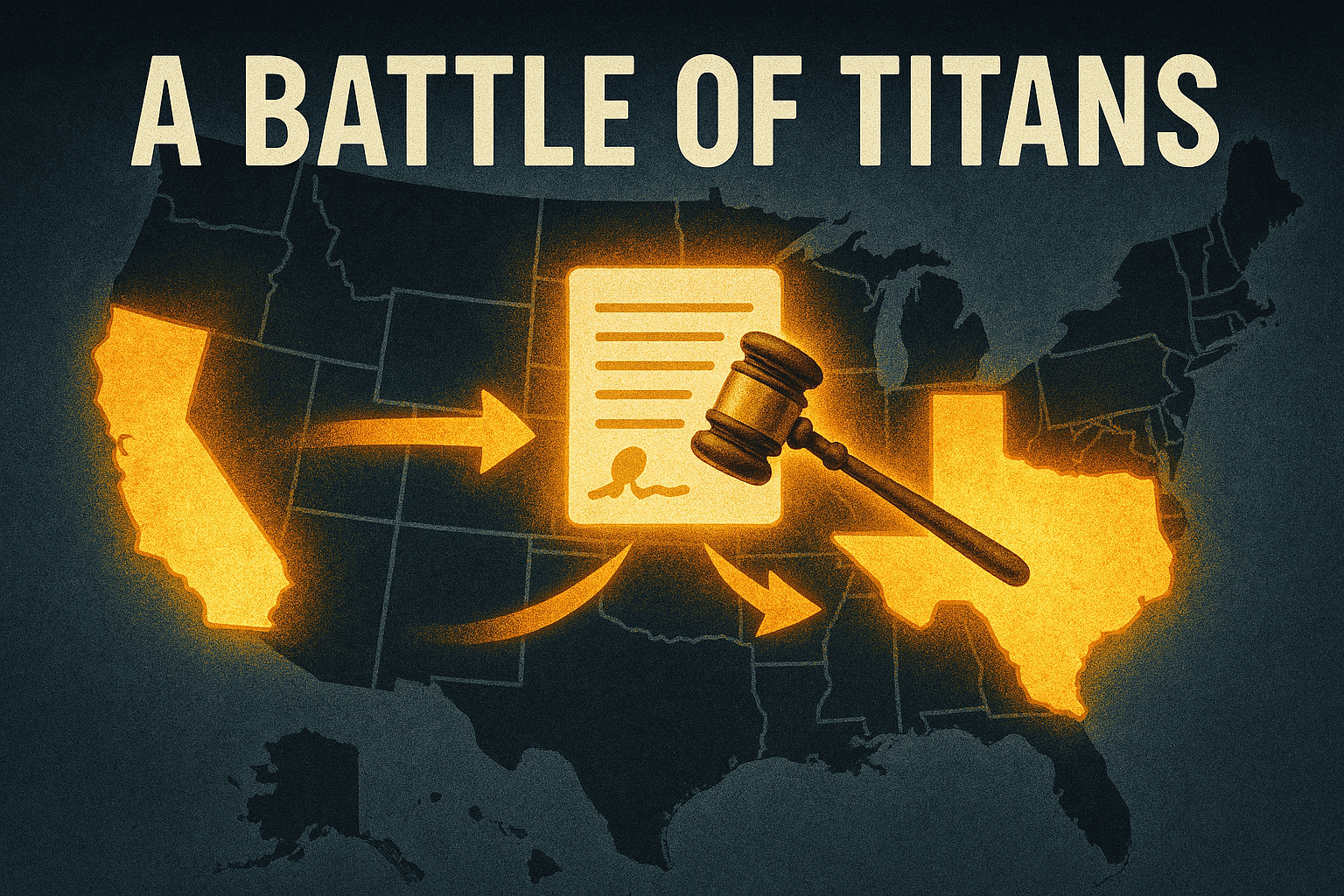Texas Redistricting Battle Heats Up With CA Lawsuit

Texas Redistricting Battle Intensifies With Unprecedented Lawsuit From California
The already fierce Texas redistricting battle has escalated dramatically, with the state of California taking the unprecedented step of filing a legal challenge against Texas’s new congressional map. The California voting rights lawsuit, a novel and aggressive move, alleges that the Texas map is an illegal racial gerrymander designed to dilute the power of minority voters, particularly the state’s rapidly growing Latino population. This cross-country legal fight raises the stakes in the national war over political power, with the control of the U.S. House potentially hanging in the balance.
The lawsuit brings a powerful new player into a fight that was already being waged by civil rights groups and the Department of Justice. It also highlights the national implications of GOP gerrymandering accusations in one of the country’s most important electoral states.
The Heart of the Lawsuit: Latino Voter Dilution
The core argument of California’s lawsuit mirrors that of other challenges against the Texas map. It contends that despite the fact that 95% of Texas’s population growth over the last decade came from minority communities, the new congressional map fails to create any new minority-opportunity districts.
Instead, the lawsuit alleges, the Republican-controlled Texas legislature engaged in “cracking and packing”:
- Cracking: Splitting large, urban Latino communities into multiple surrounding suburban and rural districts to dilute their voting strength.
- Packing: Concentrating other minority voters into a few, overwhelmingly Democratic districts to limit their influence elsewhere on the electoral map.
“This isn’t just about political lines; it’s about civil rights,” California Attorney General Rob Bonta said in a statement. “The deliberate silencing of nearly a million new Latino voices in Texas is an affront to the Voting Rights Act and to the fundamental principles of our democracy. California will not stand by while the voting power of our country’s largest minority group is systematically dismantled.”
A Novel Legal Strategy: Why Is California Suing Texas?
The move by one state to sue another over its internal redistricting is highly unusual and will likely face legal challenges over standing (i.e., whether California has a right to sue). However, California’s legal team is advancing a creative argument: that the disenfranchisement of Latino voters in Texas harms California directly.
They argue that an illegally gerrymandered map in Texas could lead to a congressional delegation that does not represent the interests of the nation’s Latino population, impacting federal policy on issues like immigration and economic aid that directly affect California’s own large Latino community. This makes the issue of Latino voter dilution a matter of national, not just local, concern.
The National Stakes: Control of the U.S. House
This legal battle is about more than just fairness; it’s about raw political power. The way Texas draws its congressional districts has a direct impact on the partisan balance in Washington. A map that favors Republicans could be the deciding factor in whether the GOP wins or maintains control of the U.S. House.
This is why the legal fight has drawn in so many powerful players, from state attorneys general to the U.S. Department of Justice. The outcome of the Texas redistricting battle will have consequences that ripple across the entire country, influencing the legislative agenda for years to come.
Conclusion: A Legal and Political Showdown
The unprecedented lawsuit from California has turned the Texas redistricting fight into a full-blown national showdown. It represents a new, aggressive front in the war against gerrymandering and a test of how far states will go to protect what they see as a national interest in fair representation. As the case heads to the courts, it promises a lengthy and bitter legal battle that will help define the future of voting rights and political power in America.









